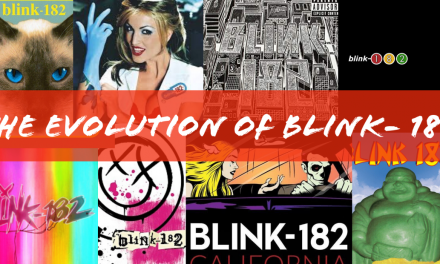Rating: 5.6/10
Canadian indie-band Dilly Dally released their second studio album last week, titled Heaven. The album features only nine songs, but with each song clocking in, on average, at just under four minutes, the album ends up being a relatively standard 34 minute release.
Dilly Dally front-woman, Katie Monks, continues her whispered singing, reminiscent of the nineties’ grunge culture, creating long, repeating ballads the blend the lyrics tightly together to the rest of the instrumentals.
Whereas their previous album Sore (released 2015) featured a striking guitar taking center stage to accompany the more melodic, short tempered lyrics, Heaven has changed Dilly Dally towards a more harmonious sound.
Heaven centers on and around the lyrical cadences, music and lyrics hitting and stalling on the same beats, with a backdrop focus falling on the technical talents of the members. Each song is slower, more drawn out than that of many on their previous works, with the wavering voice of Monks mixed to the same level as all of the other instruments – including the power-chord heavy guitar of Liz Ball.
While this tactic makes for a more centrally-themed album that allows songs to flow from one to another more cohesively as a whole, it also means that the majority of the songs are almost indistinguishable, lacking their own voice and uniqueness that their earlier works emphasized through changing tempos, intricate solos by both the guitar as well as drums, and a specific point of view.
Dilly Dally has tried something new with their newest release, but this risk seems to have fallen short. When compared to their earlier work, Heaven has left behind what had made them unique as well as shortened their curb appeal and playability, leaving room only for a very niche group of fans to properly enjoy as a whole.
*photo courtesy of Rolling Stone Magazine
Megan Farrell is a senior from New Jersey studying Film and Economics.






